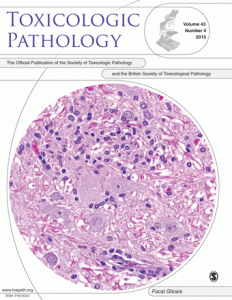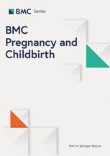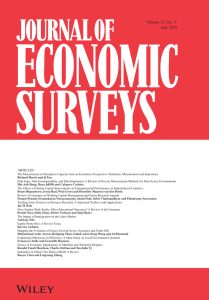Following a complaint from a reader, editors at the U.S.-based publisher Institute of Electrical and Electronic Engineers (IEEE) determined the researchers behind two decade-old papers had committed “self-plagiarism,” charges the authors deny, Retraction Watch has learned.
However, IEEE passed the buck on to Elsevier, which published one of the articles a month after IEEE had published the other. Elsevier, in turn, said it is wrapping up its investigation and will make the conclusions public “once final.” And one of the authors said a corrigendum is in the works.
The studies share three authors, including last author Li-Qun Zhang, a professor in the Department of Physical Therapy and Rehabilitation Science at University of Maryland School of Medicine, and both focused on movement of the knee as it relates to people with osteoarthritis.
Continue reading Elsevier investigating papers after IEEE finds ‘self-plagiarism’








